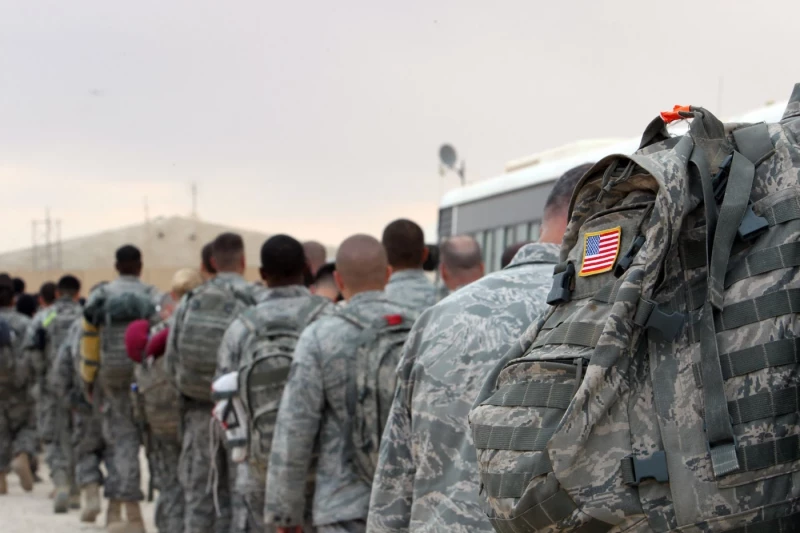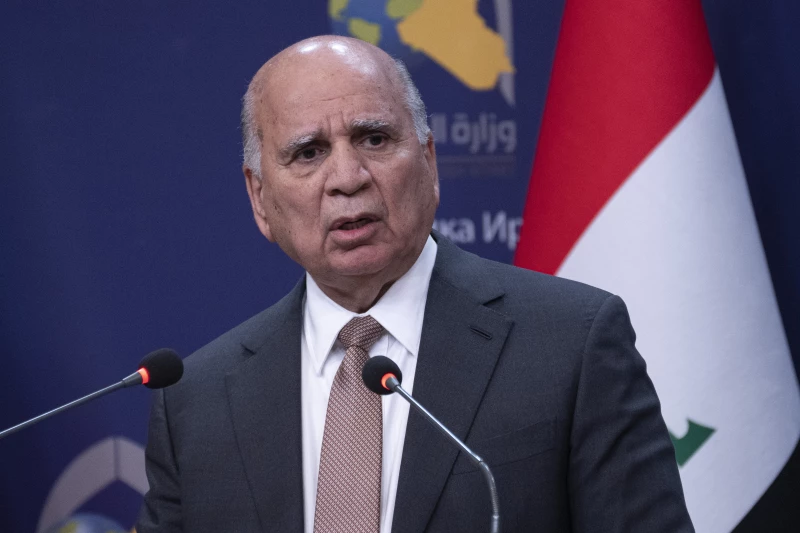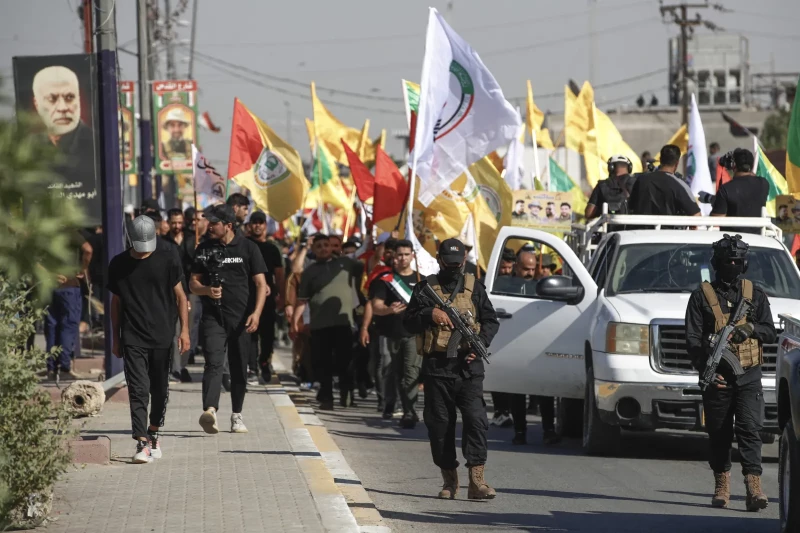ERBIL, Kurdistan Region of Iraq - A member of the Iraqi parliament’s defense committee on Thursday told The New Region there were concerns that the election of Donald Trump as President of the United States would hinder the previously-agreed withdrawal of American forces from the country.
Iraq and the US in September announced they had reached an agreement to wrap up the American-led coalition’s military presence in the country by “no later than the end of September 2025” and transition to bilateral security partnerships “in a manner that supports Iraqi forces and maintains pressure on ISIS [the Islamic State].”
The announcement came after mounting pressure from the Iraqi government, requesting the US troops’ withdrawal after American retaliatory strikes killed several members of the Iraqi state-linked but Iran-backed Popular Mobilization Forces (PMF). The strikes were in response to attacks by pro-Iran armed factions targeting US interests over Washington’s support for Israel in the war on Gaza.
Allawi al-Bandawi, a member of the Iraqi parliament’s security and defense committee, said that Baghdad is required to reject any attempts to obstruct the dialogue for the foreign troops’ withdrawal after the election of Trump, expressing concern that the former president’s return to power might lead to US attacks on Iraqi soil, as witnessed in his previous term.
“The Iraqi government has come a long way in the negotiations to remove American forces from Iraq and has achieved success in this matter, but now there is a fear of obstructing this file after Trump’s arrival to the White House, as this man has ideas that differ from the previous American administration,” Bandawi told The New Region.
Trump secured a historic return to the White House on Wednesday after besting his opponent, Vice President Kamala Harris, in the US presidential elections.
“The Iraqi government is required to continue these negotiations and reject any attempt to obstruct the dialogues under any pretext, as there is a political and popular desire to expel these forces, as they have become a threat to Iraqi national security, and Trump’s arrival to power in Washington may push these forces to carry out operations against Iraq and its sovereignty, as he did previously,” he added.
During his previous term between 2017 to 2021, Trump said that they wanted to withdraw from Iraq “at some point” but stressed that it was not the right time after Iran launched an operation against US interests in Iraq in January 2020 following the killing of Iranian commander Qassem Soleimani and PMF deputy chief Abu Mahdi al-Muhandis in a Trump-ordered American strike.
Ali al-Fatlawi, a senior member of the Ansar Allah al-Awfiya, a Shiite paramilitary group in Iraq, said that the armed factions do not care who becomes the next president of the United States and continue to “reject the American occupation,” warning that any attempts to obstruct the withdrawal of the American forces will lead the armed groups to “end the truce.”
“They [armed factions] are ready for any confrontation if necessary to expel American forces from Iraq… But there is an opportunity given to the government of Mohammed Shia' al-Sudani to resolve this matter through negotiation and diplomatic frameworks,” Fatlawi told The New Region on Thursday.
"Trump holds more extremist ideas than his predecessor, but this will not deter us from continuing to demand the withdrawal of his country's occupying forces from all Iraqi territories, and any obstruction in this matter by Trump and his new administration will push the factions to end the truce,” he added.
The US has approximately 2,400 military personnel deployed in Iraq. US forces were deployed to Iraq at the request of the Iraqi government in 2014 to fight ISIS militants, which had then overrun large swathes of Iraqi territory in the north and west of the country.
Iraq and the US in September announced they had reached an agreement to wrap up the American-led coalition’s military presence in the country by “no later than the end of September 2025” and transition to bilateral security partnerships “in a manner that supports Iraqi forces and maintains pressure on ISIS [the Islamic State].”
The announcement came after mounting pressure from the Iraqi government, requesting the US troops’ withdrawal after American retaliatory strikes killed several members of the Iraqi state-linked but Iran-backed Popular Mobilization Forces (PMF). The strikes were in response to attacks by pro-Iran armed factions targeting US interests over Washington’s support for Israel in the war on Gaza.
Allawi al-Bandawi, a member of the Iraqi parliament’s security and defense committee, said that Baghdad is required to reject any attempts to obstruct the dialogue for the foreign troops’ withdrawal after the election of Trump, expressing concern that the former president’s return to power might lead to US attacks on Iraqi soil, as witnessed in his previous term.
“The Iraqi government has come a long way in the negotiations to remove American forces from Iraq and has achieved success in this matter, but now there is a fear of obstructing this file after Trump’s arrival to the White House, as this man has ideas that differ from the previous American administration,” Bandawi told The New Region.
Trump secured a historic return to the White House on Wednesday after besting his opponent, Vice President Kamala Harris, in the US presidential elections.
“The Iraqi government is required to continue these negotiations and reject any attempt to obstruct the dialogues under any pretext, as there is a political and popular desire to expel these forces, as they have become a threat to Iraqi national security, and Trump’s arrival to power in Washington may push these forces to carry out operations against Iraq and its sovereignty, as he did previously,” he added.
During his previous term between 2017 to 2021, Trump said that they wanted to withdraw from Iraq “at some point” but stressed that it was not the right time after Iran launched an operation against US interests in Iraq in January 2020 following the killing of Iranian commander Qassem Soleimani and PMF deputy chief Abu Mahdi al-Muhandis in a Trump-ordered American strike.
Ali al-Fatlawi, a senior member of the Ansar Allah al-Awfiya, a Shiite paramilitary group in Iraq, said that the armed factions do not care who becomes the next president of the United States and continue to “reject the American occupation,” warning that any attempts to obstruct the withdrawal of the American forces will lead the armed groups to “end the truce.”
“They [armed factions] are ready for any confrontation if necessary to expel American forces from Iraq… But there is an opportunity given to the government of Mohammed Shia' al-Sudani to resolve this matter through negotiation and diplomatic frameworks,” Fatlawi told The New Region on Thursday.
"Trump holds more extremist ideas than his predecessor, but this will not deter us from continuing to demand the withdrawal of his country's occupying forces from all Iraqi territories, and any obstruction in this matter by Trump and his new administration will push the factions to end the truce,” he added.
The US has approximately 2,400 military personnel deployed in Iraq. US forces were deployed to Iraq at the request of the Iraqi government in 2014 to fight ISIS militants, which had then overrun large swathes of Iraqi territory in the north and west of the country.

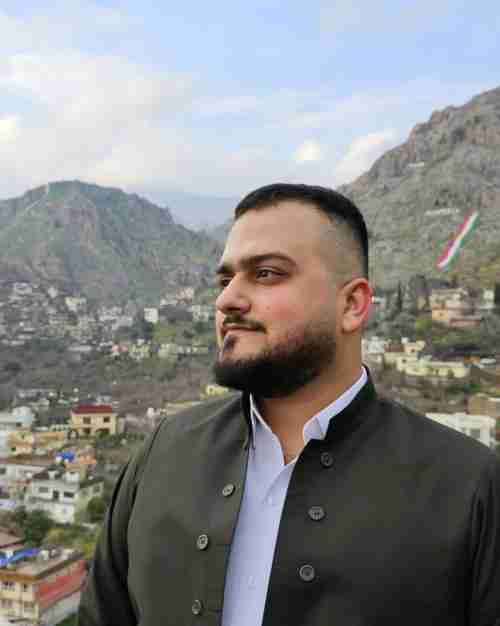
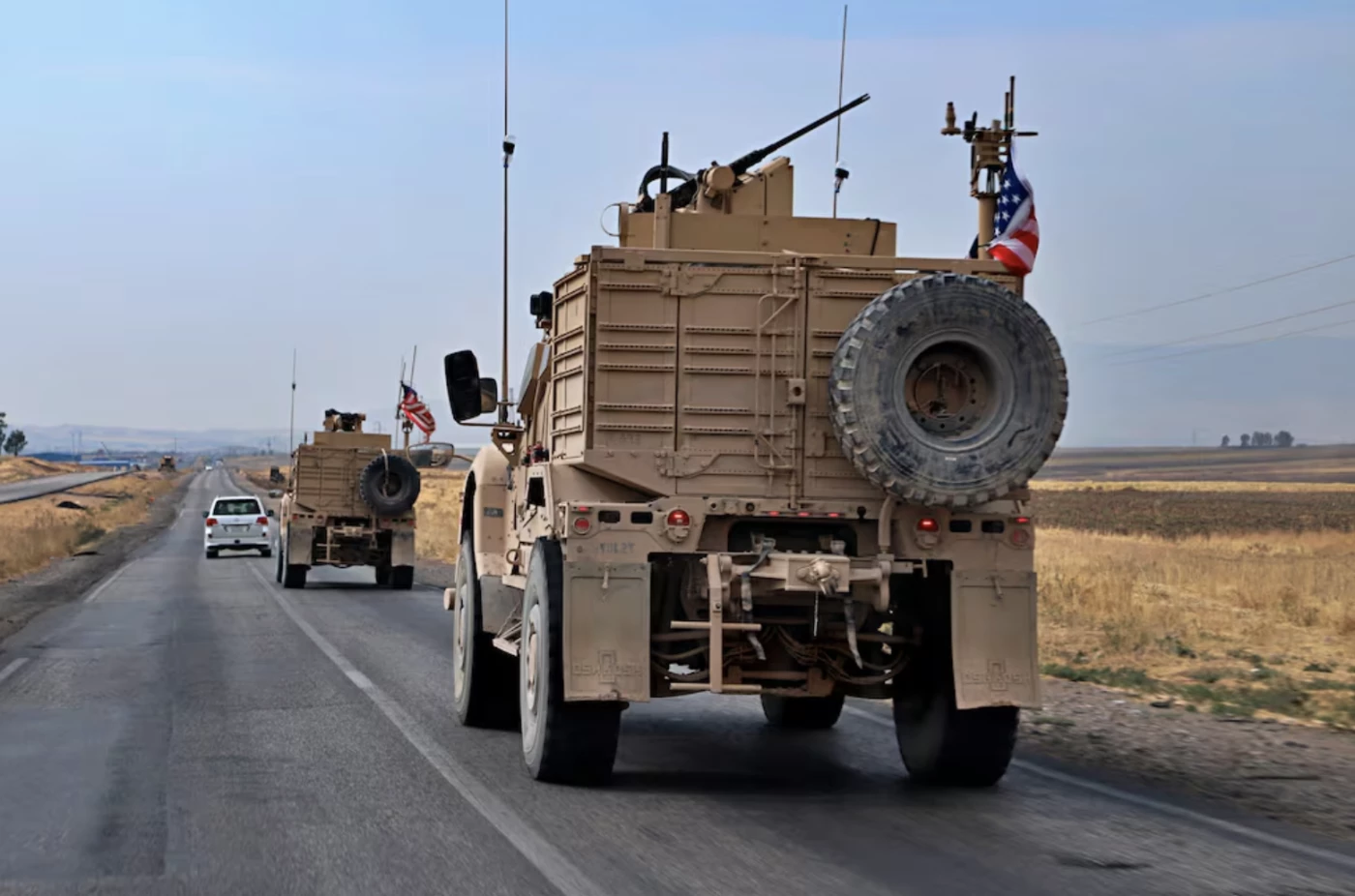
 Facebook
Facebook
 LinkedIn
LinkedIn
 Telegram
Telegram
 X
X
